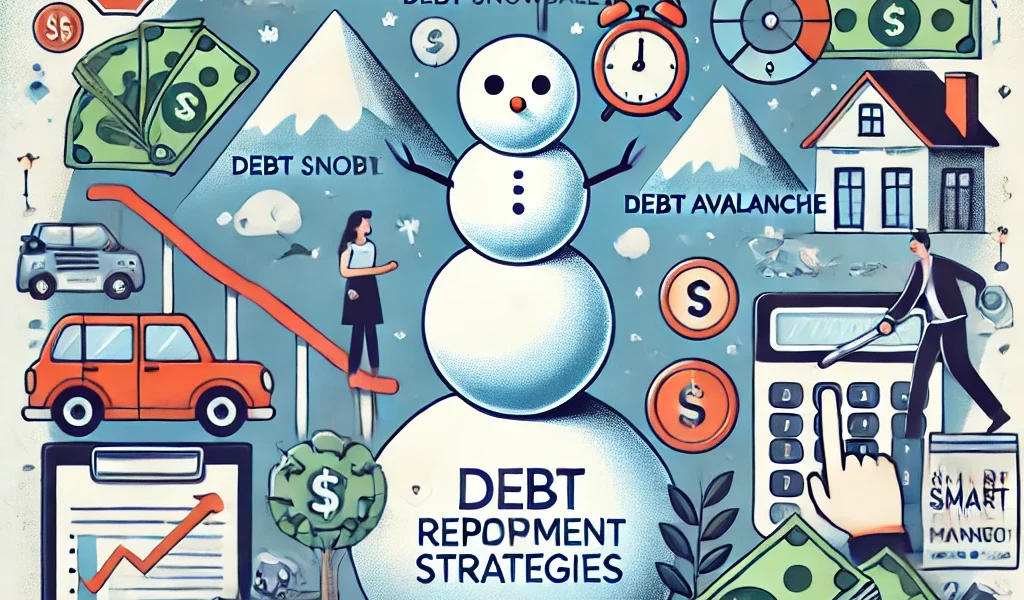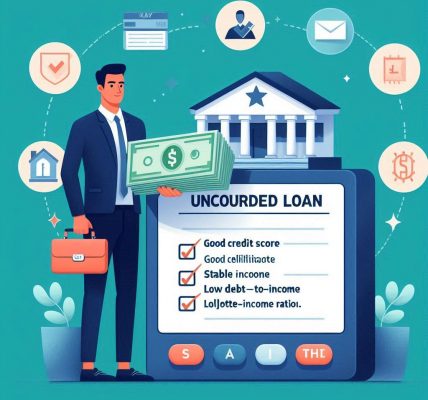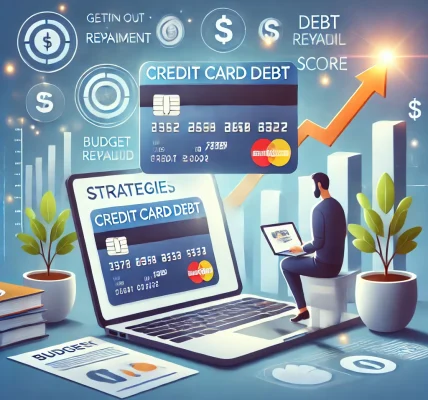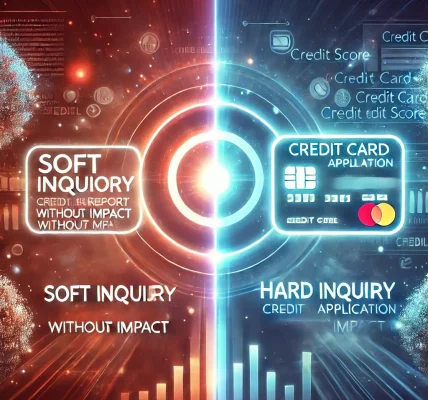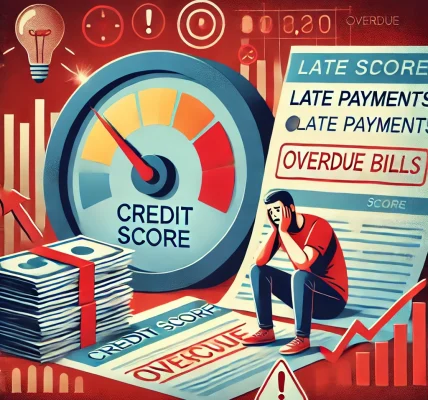Introduction
Paying off debt can feel overwhelming, especially if your income remains constant. However, eliminating debt doesn’t always require a higher salary—it’s about strategy, discipline, and smart financial management. In this guide, we’ll explore practical and legal ways to accelerate debt repayment without increasing your income.
1. Create a Clear Debt Repayment Plan
Before you can effectively pay off debt, you need to understand what you owe.
Steps to Organize Your Debt:
- List all outstanding debts, including credit cards, loans, and medical bills.
- Note each debt’s interest rate, minimum payment, and balance.
- Prioritize which debts to pay off first based on interest rates or total balance.
Two Popular Repayment Strategies:
- Debt Snowball Method: Pay off the smallest debt first while making minimum payments on others. This builds motivation as you eliminate smaller balances quickly.
- Debt Avalanche Method: Focus on paying off the highest-interest debt first, saving more money in the long run.
2. Reduce Expenses to Free Up Cash
If you can’t increase your income, the next best strategy is cutting unnecessary expenses.
Ways to Cut Costs:
- Review subscriptions: Cancel unused streaming services, gym memberships, or magazines.
- Cook at home: Reduce dining out and prepare meals at home to save hundreds per month.
- Use public transportation: Reduce fuel and maintenance costs by using alternative travel methods.
- Negotiate bills: Contact service providers for lower rates on internet, phone, or insurance.
- Buy second-hand: Save money on clothing, furniture, and electronics by opting for pre-owned items.
Redirect these savings directly toward debt payments to accelerate repayment.
3. Optimize Your Current Payments
Many people don’t realize that they can make small changes to their repayment strategy to save money on interest and pay off debt faster.
Smart Payment Strategies:
- Make Biweekly Payments: Instead of paying once a month, split your payment in half and pay every two weeks. This results in one extra payment per year, reducing your balance faster.
- Round Up Payments: Always round your payments to the nearest $10, $20, or $50 to chip away at debt quicker.
- Make Extra Payments When Possible: Even a small additional payment each month can shorten your repayment period.
4. Transfer High-Interest Debt to Lower Interest Options
Consider Debt Refinancing or Consolidation:
- Balance Transfer Credit Card: Move high-interest credit card debt to a 0% APR introductory offer card to reduce interest.
- Debt Consolidation Loan: Combine multiple debts into one lower-interest loan to simplify payments and reduce costs.
- Negotiate with Creditors: Contact your lenders and ask for a lower interest rate or a hardship repayment plan.
Be cautious of hidden fees or terms when consolidating, and always read the fine print.
5. Use Windfalls and Bonuses Wisely
Whenever you receive unexpected money, use it strategically to pay off debt faster.
Smart Ways to Use Extra Money:
- Tax Refunds: Instead of spending it, apply it directly to your highest-interest debt.
- Work Bonuses: Put annual or performance bonuses toward debt repayment.
- Gift Money: If you receive money for birthdays or holidays, consider using a portion to pay down debt.
Tip: Treat this extra money as if it never existed and apply it immediately to your debt.
6. Earn Rewards While Paying Off Debt
If used wisely, credit card rewards and cashback programs can help reduce debt.
Ways to Leverage Rewards:
- Use a cashback credit card for essential purchases (groceries, gas) and apply the cashback toward payments.
- Convert credit card points into statement credits to reduce your balance.
- Take advantage of rebate apps like Rakuten, Honey, or Fetch Rewards for extra savings.
Caution: Only use this strategy if you can pay off your credit card balance in full each month.
7. Hold Yourself Accountable
To stay on track, set up systems that remind and motivate you to keep paying off debt.
Accountability Tips:
- Use Financial Apps: Apps like Mint, YNAB, or Debt Payoff Planner track progress and send reminders.
- Create a Debt-Free Vision Board: Visualize your debt-free future for motivation.
- Share Your Goals: Tell a trusted friend or family member who can encourage you.
- Set Milestones: Celebrate small wins, like paying off a credit card or reducing a balance by 25%.
8. Avoid Common Pitfalls
While trying to pay off debt, avoid common mistakes that could slow your progress.
Mistakes to Avoid:
- Ignoring Emergency Savings: Always have at least a small emergency fund to avoid relying on credit again.
- Taking on More Debt: Avoid financing new purchases while paying off old debts.
- Paying Only the Minimum: Always try to pay more than the minimum required payment.
- Falling for Debt Relief Scams: Be cautious of companies promising quick fixes or charging upfront fees.
Conclusion: You CAN Pay Off Debt Faster
Paying off debt quickly without increasing your income is possible by making smarter financial decisions, optimizing your spending, and using strategic repayment methods.
Key Takeaways:
✔ Create a debt repayment plan (Snowball or Avalanche method). ✔ Cut unnecessary expenses and redirect savings to debt. ✔ Use biweekly payments, extra payments, and rounding up. ✔ Transfer high-interest debt to lower-interest options where possible. ✔ Apply windfalls (bonuses, tax refunds) directly to debt. ✔ Stay accountable with apps, milestones, and support systems.
